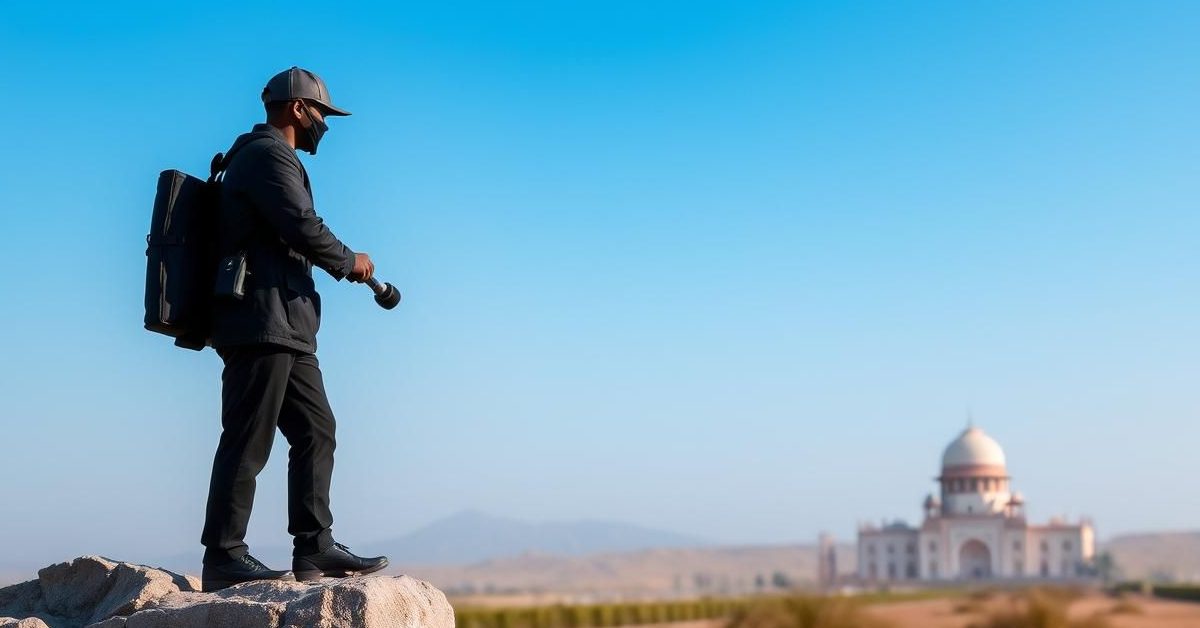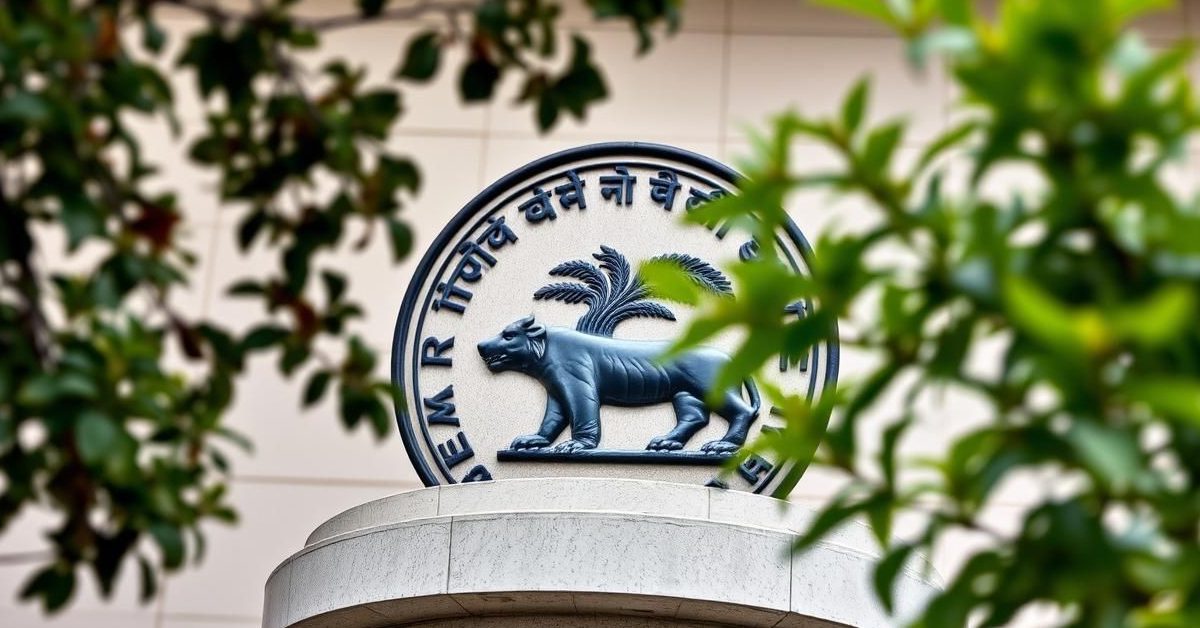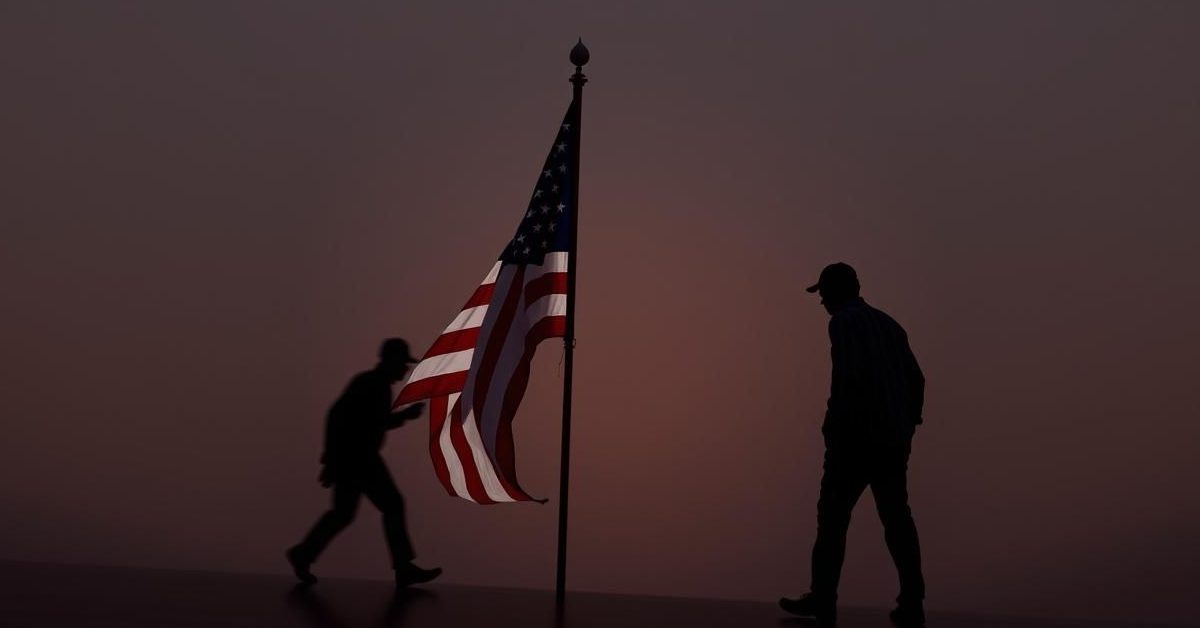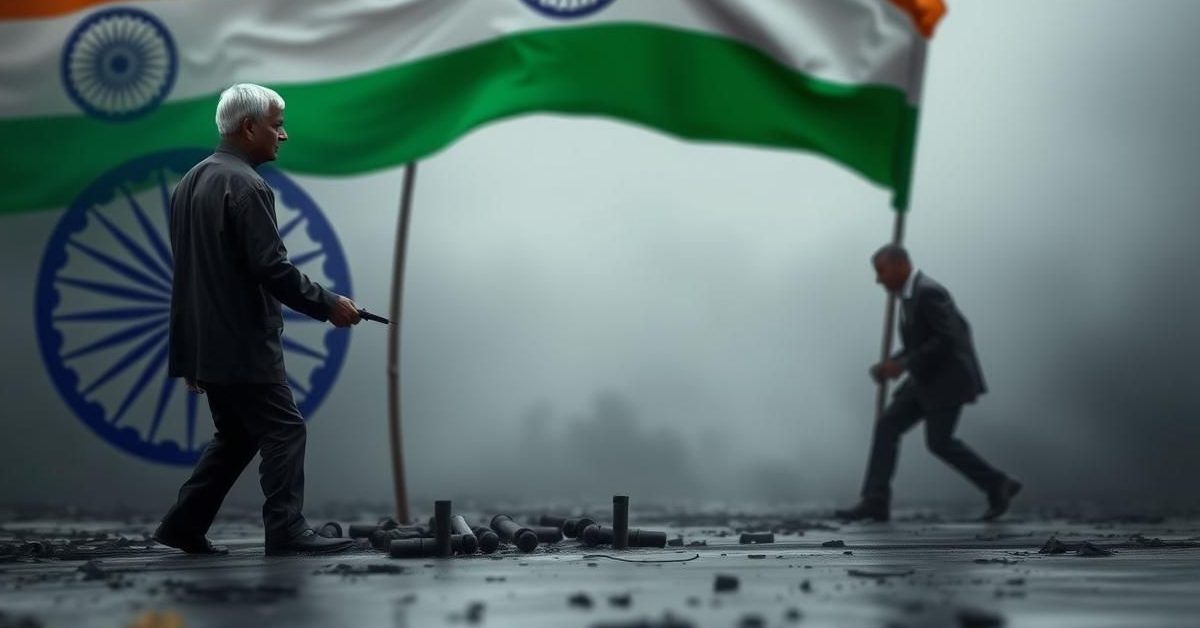Social media platform X has directly challenged the Indian government’s statement regarding the blocking of Reuters’ accounts, revealing it received orders to block over 2,000 accounts, including those of the news agency.
The Direct Contradiction
X, owned by Elon Musk, stated on Tuesday that on July 3, the Indian government ordered the blocking of 2,355 accounts in India. This included international news outlets like Reuters and Reuters World, citing Section 69A of the Information Technology Act.
This claim sharply contrasts with a statement issued by the IT Ministry’s official spokesperson on Sunday. The Ministry had stated there was “no requirement from the Government of India to withhold Reuters handle” and that they were working with X to resolve the issue.
X had initially blocked the Reuters handles on Saturday night, displaying a message that they were withheld in India “in response to a legal demand.” The platform later unblocked @Reuters and @ReutersWorld after what it described as “public outcry.”
X’s Stance on Blocking Orders
According to X’s Global Government Affairs handle, the Ministry of Electronics and Information Technology (MeitY) demanded immediate action on July 3, requiring the accounts to be blocked within one hour without providing justification. Non-compliance, X noted, risked criminal liability for the company.
The platform expressed deep concern over “ongoing press censorship in India due to these blocking orders.” X also stated it is exploring all available legal options. However, it highlighted a significant challenge: unlike users located in India, X is restricted by Indian law in its ability to directly challenge these executive orders in court.
X has urged affected users to pursue their own legal remedies through the courts.
Previous Government Directives
While MeitY has not yet commented on X’s latest claims, officials had previously mentioned sending blocking orders to X related to certain posts made by Reuters during “Operation Sindoor” in early May. At that time, X reportedly had not acted on those specific posts.
During Operation Sindoor, the Indian government had instructed social media platforms, including X, to block content and accounts deemed to be spreading misinformation or undermining the Armed Forces’ operations. This campaign led to the blocking of various accounts, including those allegedly linked to Pakistan and China, and even temporarily affected news platforms like BBC Urdu and Outlook India, though these blocks were later revoked.
A Pattern of Blocking Orders
This isn’t the first time X has received extensive blocking orders from the Indian government. In a statement on May 9, X revealed it had received executive orders to block over 8,000 accounts, which included those of “international news organisations and prominent X users.”
The social media platform has consistently pointed out that non-compliance with such orders could lead to severe penalties, including substantial fines and even imprisonment for its local employees. The IT Ministry had also previously established a dedicated team to monitor and flag misleading content, especially during significant events like elections or ongoing military operations.
- X claims the Indian government ordered it to block over 2,000 accounts on July 3, including Reuters.
- This directly contradicts the IT Ministry’s earlier denial regarding Reuters.
- X states non-compliance risked criminal liability and expresses concern over press censorship.
- The company is exploring legal options but is limited by Indian law from directly challenging the orders.
- This incident follows previous large-scale blocking orders issued by the government, often citing misinformation.
The ongoing dispute highlights the challenges social media platforms face in navigating content moderation laws and press freedom in India.














